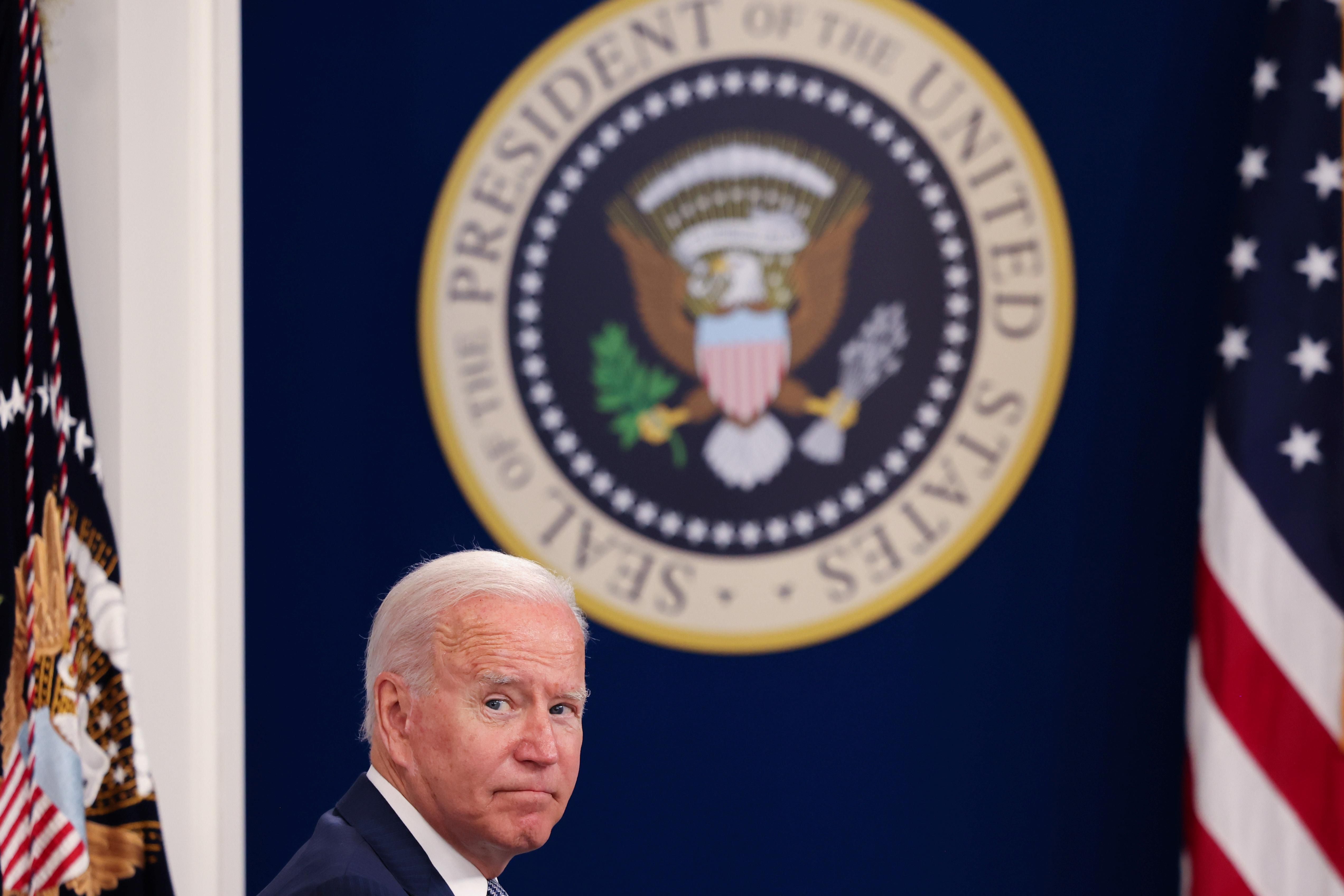News
September 23, 2021
43: Eight months into the job, US President Biden's approval rating has hit a new low of 43 percent, a six-point drop since August. Of all the US presidents elected since World War II, only Donald Trump had a lower approval rating at this stage of his presidency. It sure looks like Biden's honeymoon period is over.
115 billion: India and the United Arab Emirates are reportedly working hard to hash out in the near term a trade deal that would boost bilateral trade to $115 billion over the next five years. Before the pandemic disrupted the global economy, the UAE was India's third-largest trade partner after China and the US.
0.25: Norway's central bank on Thursday increased interest rates by 0.25 percentage points, becoming the first country among the 10 most-traded currencies to do so since the pandemic started. Many countries are grappling with how to tackle rising inflation amid the global economic recovery. The US Federal Reserve, for its part, says it expects the first interest rate hike to come early next year.
1,401: The US special envoy for Haiti has quit in protest of what he called the Biden administration's "inhumane" deportation of Haitian asylum seekers, who have flocked to the US-Mexico border in record numbers in recent weeks. Some 1,401 Haitians, most of whom have been living in South America since a devastating earthquake hit Haiti in 2010, have been deported since Sunday.
From Your Site Articles
More For You
- YouTube
In this Quick Take, Ian Bremmer addresses the killing of Alex Pretti at a protest in Minneapolis, calling it “a tipping point” in America’s increasingly volatile politics.
Most Popular
- YouTube
Who decides the boundaries for artificial intelligence, and how do governments ensure public trust? Speaking at the 2026 World Economic Forum in Davos, Arancha González Laya, Dean of the Paris School of International Affairs and former Foreign Minister of Spain, emphasized the importance of clear regulations to maintain trust in technology.
- YouTube
Will AI change the balance of power in the world? At the 2026 World Economic Forum in Davos, Ian Bremmer addresses how artificial intelligence could redefine global politics, human behavior, and societal stability.
Ian Bremmer sits down with Finland’s President Alexander Stubb and the IMF’s Kristalina Georgieva on the sidelines of the World Economic Forum to discuss President Trump’s Greenland threats, the state of the global economy, and the future of the transatlantic relationship.
© 2025 GZERO Media. All Rights Reserved | A Eurasia Group media company.
